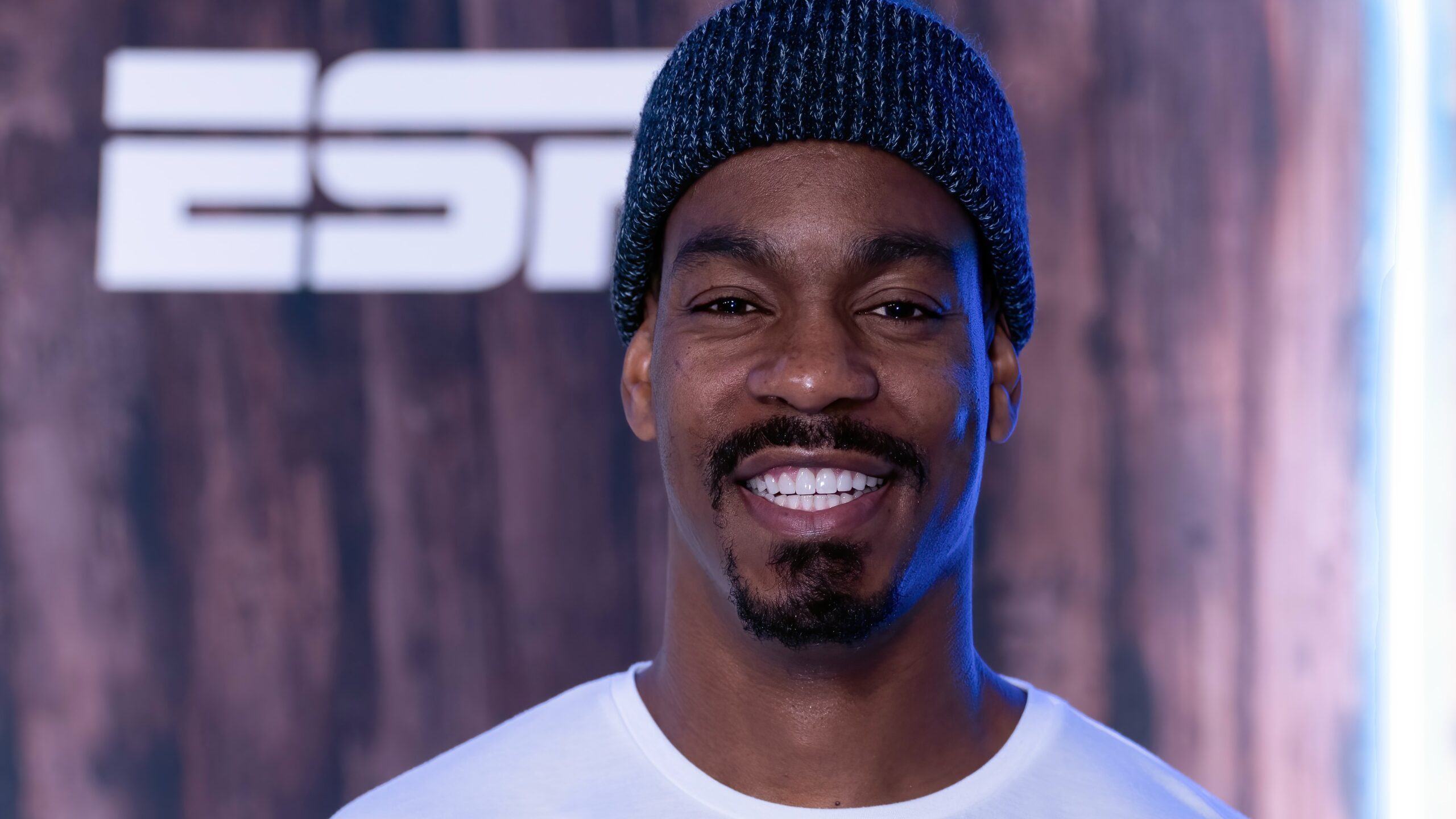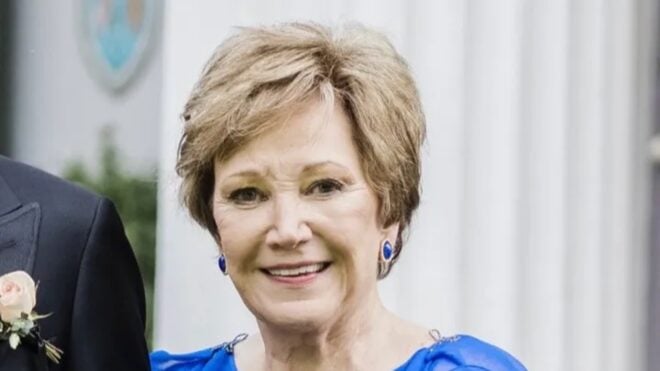
It's rare to hear any men open up about dealing with postpartum depression as a father, but one reality TV star is sharing his experience. Leroy Garrett, a competitor on The Challenge: All Stars, spoke about the challenges he faced with his mental health after the birth of his son Kingston Lee almost two years ago.
Leroy shares his 23-month-old son, along his 9-week-old daughter Aria, with his fiancée Kam Williams, who is also a contestant on the Paramount+ show.
"My son has been one of the biggest blessings in my life, but when he came out, I was scared," he admitted on the show. "I'm not trying to be perfect, but when I'm dead and gone, I want to be able to say that I did a great job with my child. All of this weight was just on my shoulders. Am I going to be a great dad?"
"I just wasn't happy and I couldn't describe why I was feeling that way," he added. After opening up to his partner about what he was dealing with, he started going to mental health counseling, thanking it for helping him "build tools" to cope.
More from LittleThings: Halle Bailey Opens Up About Battling Postpartum Depression After Birth Of Son
In another interview with Kam, Leroy shared that he previously "didn't even know men could get" postpartum depression. The condition is far more common among women, with around 1 in 8 women experiencing it after giving birth, according to the Centers for Disease Control and Prevention.
Research shows that around 1 in 10 fathers experience it, but it's not widely talked about publicly. The CDC states postpartum depression is a condition that is different from what is commonly known as “baby blues.” Postpartum depression feelings last longer and are more intense.
Kam spoke about how proud she is that Leroy is opening up about his experience. "I'm so happy that [Leroy] communicated that with me. Because usually with men, they always have to hide their feelings and you just have to, you know, be tough and strong," she said. "And we definitely had that vulnerable moment throughout our relationship, which I think just makes us even stronger."
Dr. Sheehan Fisher, a perinatal clinical psychologist who focuses on fathers' mental health, explained that a high-profile figure like Leroy speaking out can help normalize it for men. He likened it to how women speaking out about postpartum depression helped it to become more of a normal conversation for them.
"It is just as important now for us to understand that men are vulnerable to depression and anxiety and other types of mental illness during the perinatal period at a heightening rate," he told Good Morning America. Men are at the highest risk for postpartum depression three to six months after their child is born, but it can begin as soon as after conception, according to Dr. Fisher.
"Men, just like moms, are going through a life transition that is brand-new to them, but it's unique for fathers right now because they don't really have a blueprint on how to be a father," he said. "Modern-day fathers are actually much more involved than their predecessors in family and child-rearing while also doing similar levels of work outside the home, so they're trying to balance this adjustment along with the stressors that come with it."




